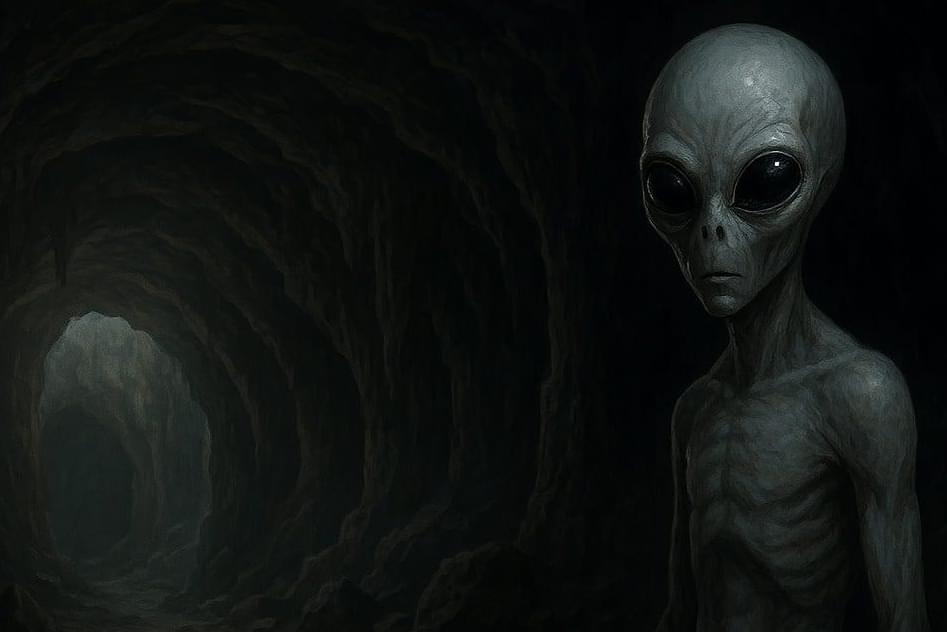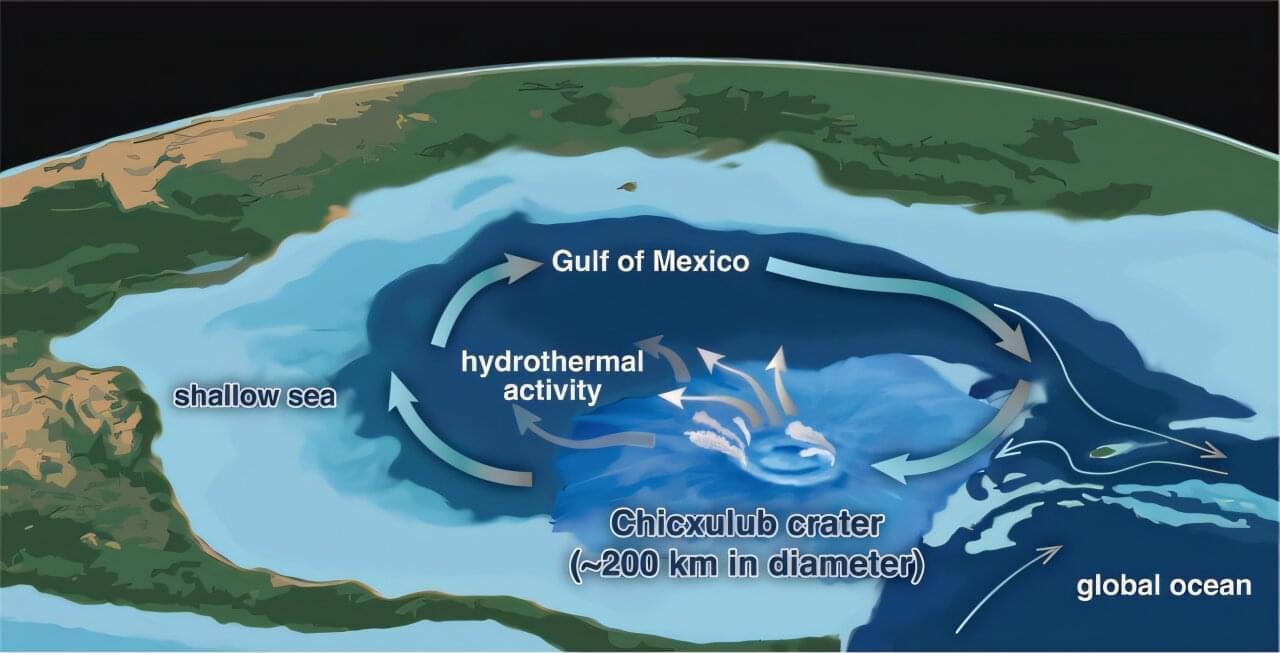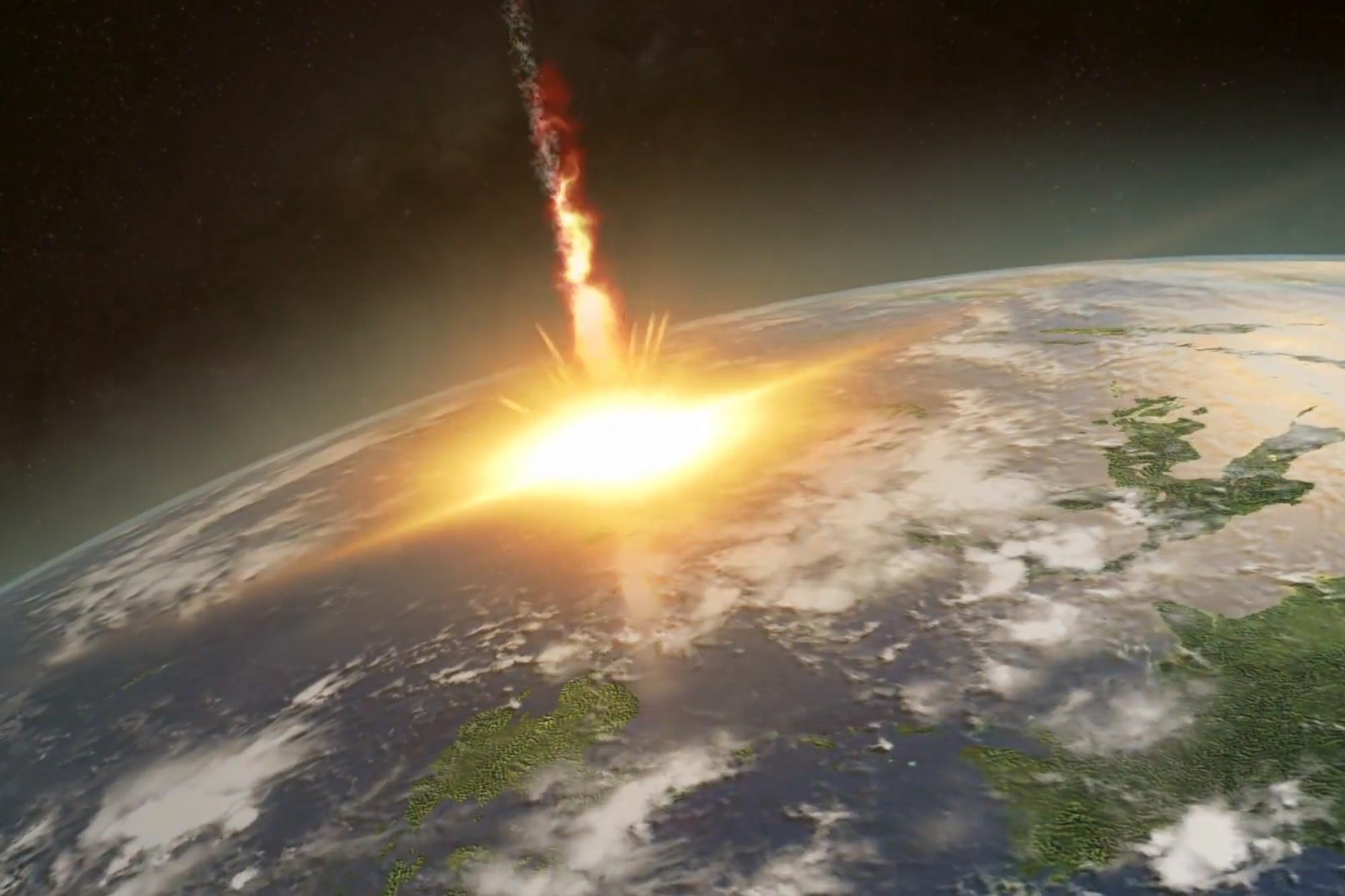Reports of extraterrestrial beings, particularly the iconic “grey aliens,” have permeated modern folklore and ufology since the mid-20th century. These beings — typically described as small-statured humanoids with large, black almond-shaped eyes, diminutive noses and mouths, and grey skin — have become embedded in our cultural consciousness (Sagan, 1995). But what if these entities are not visitors from distant stars, but rather glimpses of our own evolutionary future? This essay explores a compelling hypothesis: that the grey aliens reported in countless encounters might be evolved or bio-engineered humans from our future, adapted specifically for subterranean existence following a global catastrophe.
Humanity stands at a crossroads of existential risk. Climate change, nuclear proliferation, biological warfare capabilities, and ecological collapse represent just a few of the potential calamities that could force a dramatic reshaping of human civilization (Bostrom, 2013). If surface conditions on Earth became inhospitable — whether through nuclear winter, extreme solar radiation following ozone depletion, or uninhabitable surface temperatures — surviving populations might be driven underground, initiating a profound evolutionary divergence.
“When faced with extinction-level threats, species often undergo rapid adaptation to secure their survival,” notes evolutionary biologist Dr. Elena Rodriguez (2022, p. 87). “Humans, with their capacity for technological intervention in their own biology, could potentially accelerate this process by orders of magnitude.”






